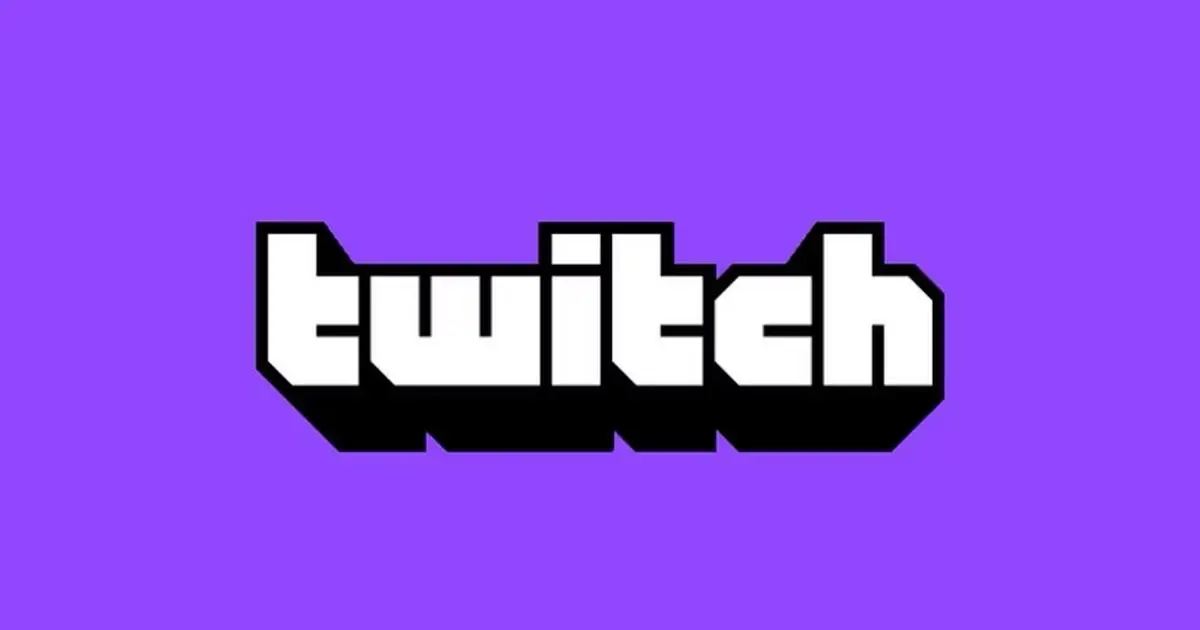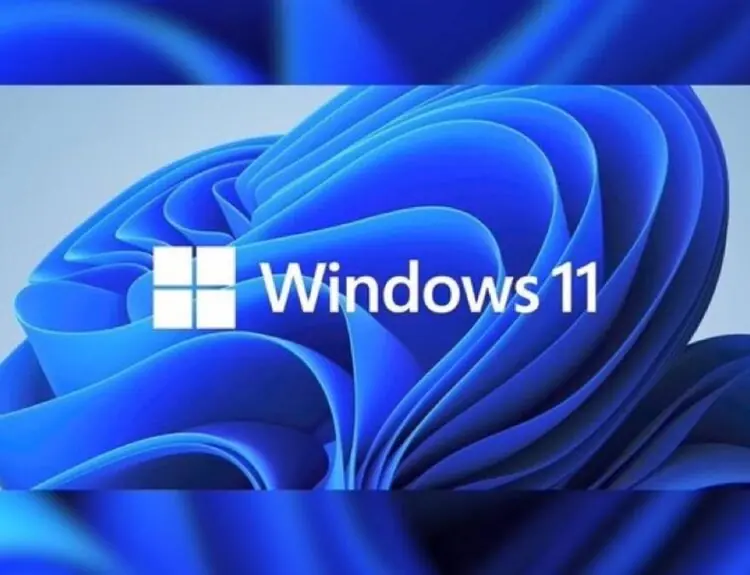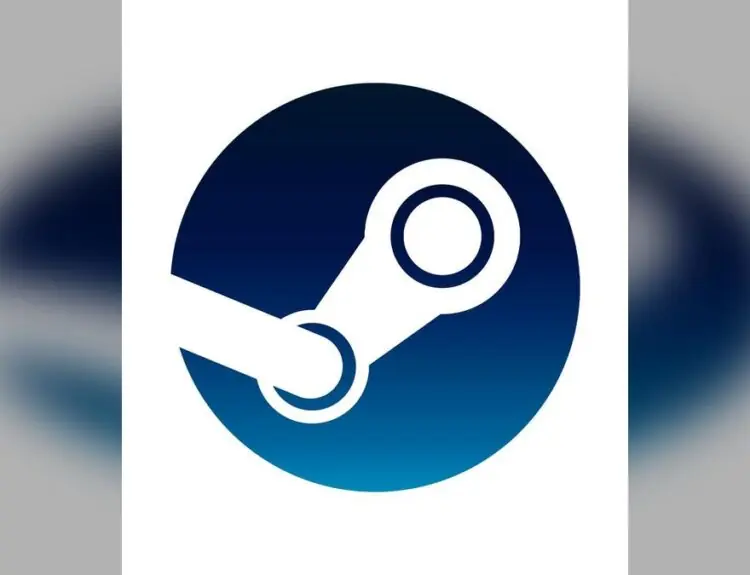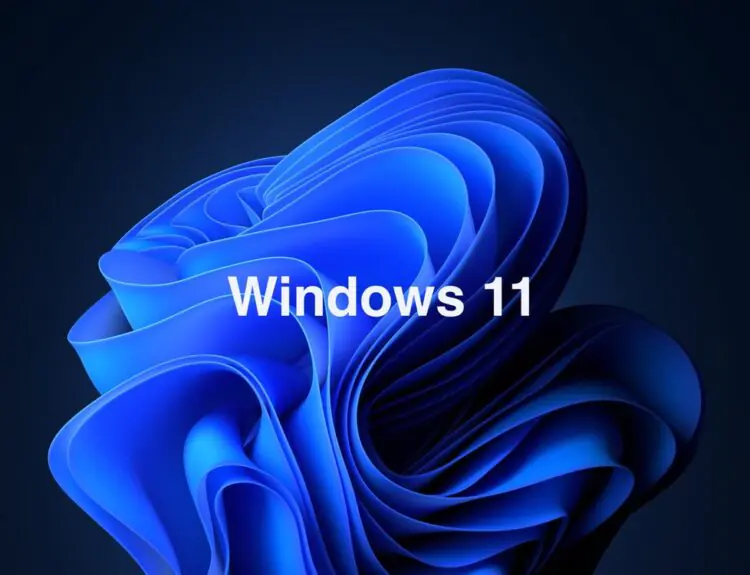Twitch’s recent update to its enforcement systems has generated quite a buzz among streamers. The popular streaming platform has announced that streamers will no longer face permanent bans for minor mistakes. With so many new content creators joining every day, it’s understandable that errors can happen, and minor violations will now expire after 90 days. However, more serious offenses, like hateful conduct, carry longer expiry periods of 1 to 2 years.
This shift allows for a more forgiving approach, giving creators the chance to learn and grow instead of facing lifetime exclusions. Many in the community view this as a refreshing change. One user expressed their approval, stating, “It makes sense to not impose permanent bans and instead focus on learning from mistakes.”
The hope is that moderation can strike a better balance, enabling creators to improve without facing lifelong penalties.
However, not everyone is on board with the new policy. Some users have raised important concerns regarding how Twitch defines “hateful conduct.” There’s a sentiment that the criteria for major violations can be rather subjective. One user pointed out, “Hateful conduct is a bit subjective. Who decides the standards?” This highlights the potential confusion streamers might experience as they try to follow the rules.
Past experiences have also led to frustrations regarding Twitch’s enforcement practices. For instance, one user quipped about Dr Disrespect’s ban, suggesting it seemed arbitrary. This sentiment reflects a lack of trust some creators have in the platform’s consistency. Another user noted, “Twitch is known for treating creators unevenly,” underscoring ongoing concerns about fairness.
The reaction to these updates has certainly been a mixed bag. While many are relieved to see progress toward a more supportive environment for content creators, others remain cautious about whether these changes will truly lead to fairness and clarity.
Some speculate that these adjustments might be an attempt to lure back popular streamers who had previously been banned, with one user even teasing about Adin Ross rejoining the scene.
Overall, this shift toward temporary bans instead of lifetime exclusions has sparked hope among many in the community. However, there are still questions about how policy violations will be enforced and whether clear guidelines will be provided. Streamers are eager for fair treatment in this evolving landscape.
In the end, this could mark a new chapter in the relationship between Twitch and its creators. One user summed it up nicely with, “Seems like good updates from Twitch,” echoing a wave of optimism.
With these changes, there’s potential for a more positive and respectful environment online, where creativity can truly flourish. The community is certainly eager to see how Twitch navigates these new waters in the ever-evolving world of streaming.







